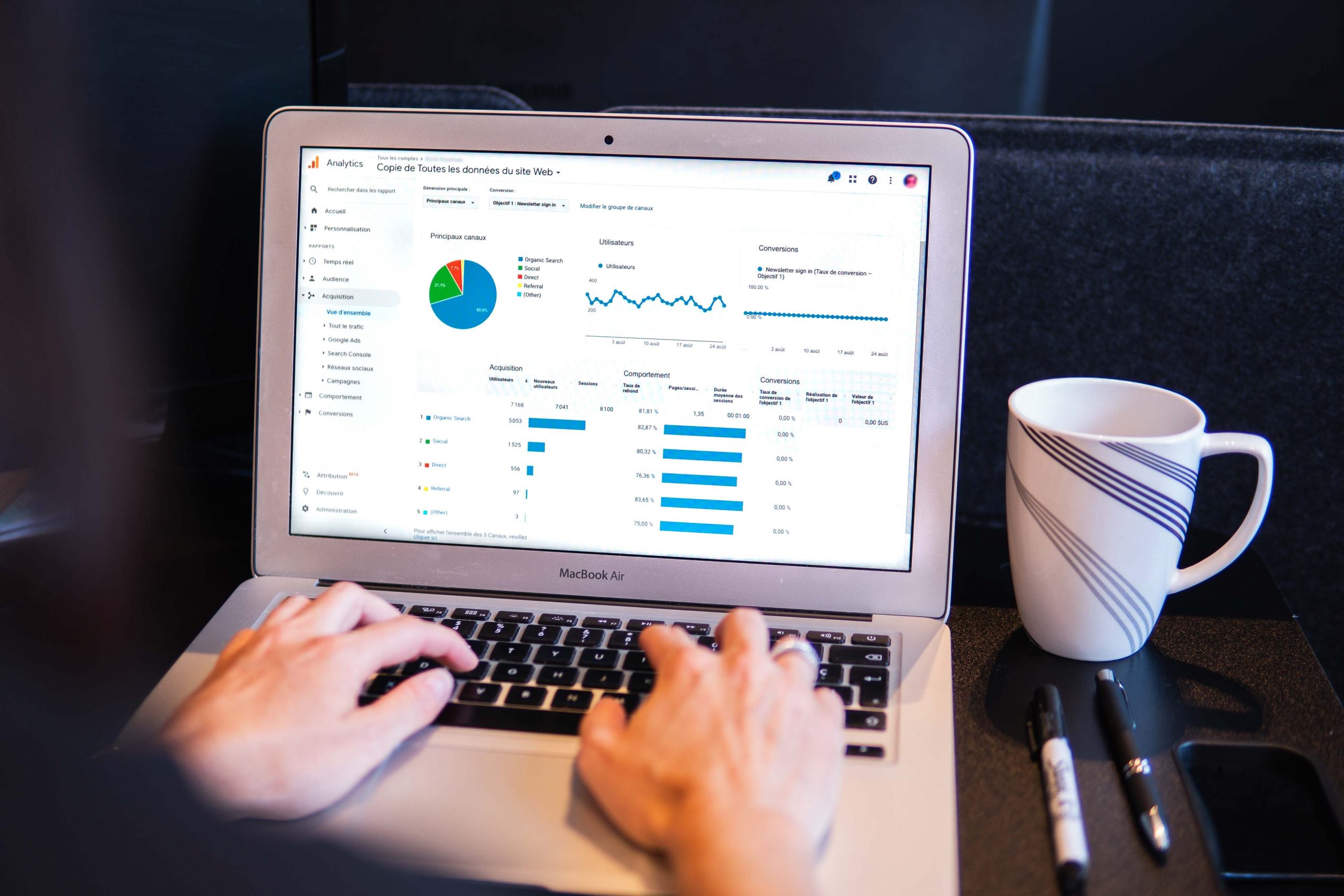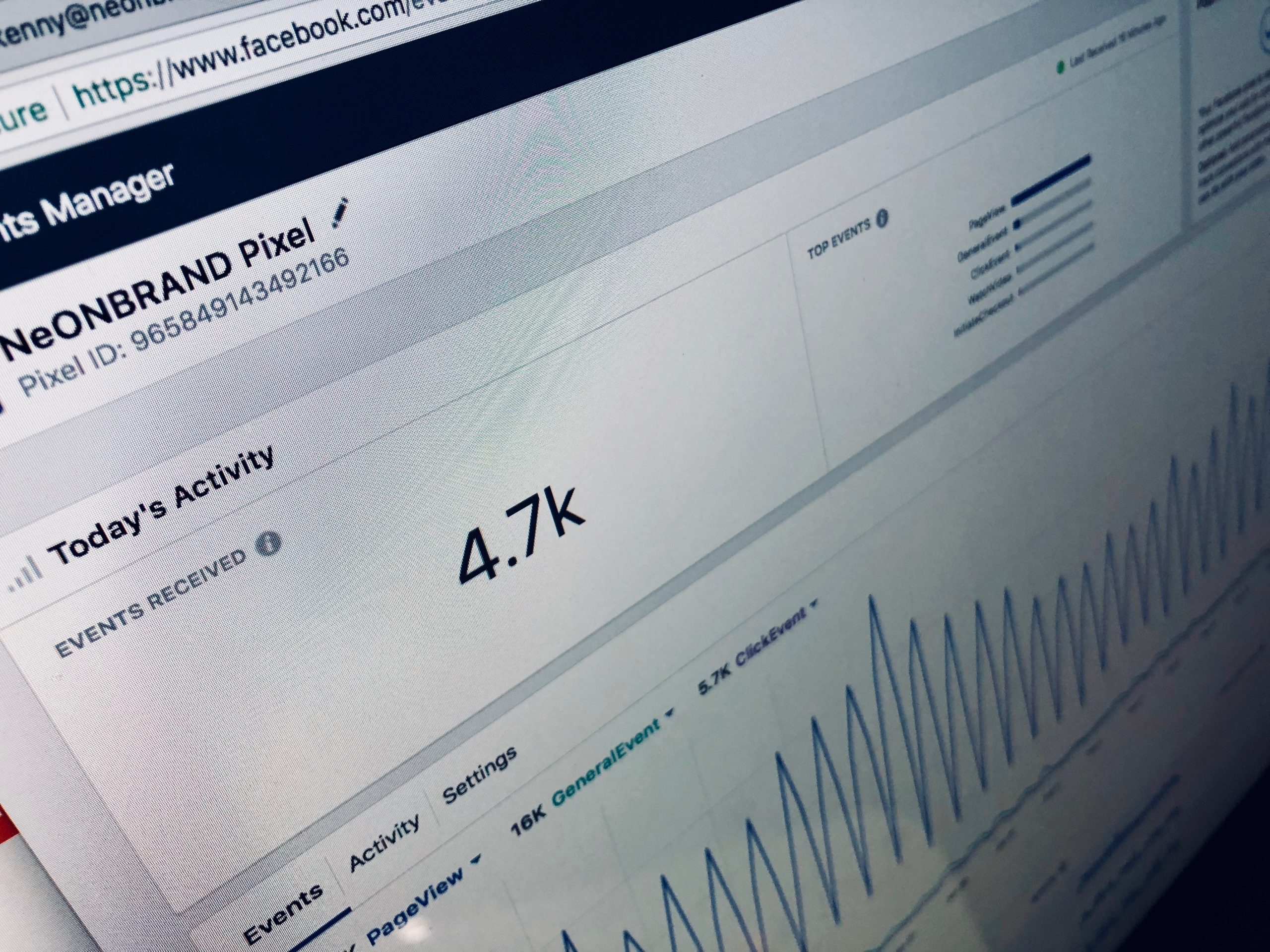Affiliate marketing is a type of advertisement where affiliate marketing efforts get compensated for generating traffic and attracting more customers to a business because of increased products and service sales. They tracked these sales through links from various sites.
Affiliates are companies or individuals who take up the role of advertising, sharing links of products or services on various platforms.
Also read: NBA All-Star Weekend 2022 occasion plan
Types of Affiliate Marketing Programs
There are different types of affiliate marketing for beginners out there. We categorize them into three main types: related, attached, and involved affiliate marketing.
- Related affiliate marketing: As the name suggests, the affiliate niche should relate to the products or services. An affiliate promotes products and services. However, they do not claim them. They posted online the links to this product through blogs, videos, social media, or podcasts.
- Unattached affiliate marketing: unlike in related affiliate marketing, the affiliate niche has no connection to the product and services promoted and the consumer. They put links to the products on ads hoping the consumer will click and possibly buy.
- Involved affiliate marketing: The affiliates are directly involved and have experience with the products and services they are promoting. They claim they use and recommend it to consumers and serve as trusted feedback. They do not use links or ads, but their experience serves as an advertisement.

How does Affiliate Marketing Work?
From the definition, this is clear that affiliate marketing for beginners involves three major participants; business owners, affiliates, and consumers.
Business owners are the people who own the products and services sold. They search, choose, and hire the affiliates to work. They are also known as merchants, retailers, or advertisers.
Affiliates are marketing partners to business owners. They can be blogger website owners, social media posters, etc. Affiliates use various marketing tools to promote products such as links, banners, videos, flash ads, and widgets.
Consumers are the potential buyers that affiliates look forward to influencing them into buying products and services being promoted and owned by merchants.
A merchant who wants to grow and increase product sales in their business and reach a broad range of consumers hires an affiliate. The affiliate promotes the product by either sharing experience or reviewing the product, running ads, or sharing links that redirect consumers to the product’s e-commerce sites. When the consumer clicks the link and buys the products, affiliates get compensated.
Also Read: Ukraine Russia News Live Updates: India asks its nationals
How do Affiliates get Paid?
The business owner hires many affiliate marketers and allocates them with links to the products to promote. The affiliate’s performance gets tracked by cookies and pixels, placed on the product’s e-commerce sites by affiliate networks. Linking the consumer to the products doesn’t guarantee increased sales. Well, they still have to earn from their efforts. Here are the various ways affiliate marketers get paid;
- Affiliates earn from a certain percentage of the price of the product sold. It’s commonly known as Pay per Sale (PPS). This happens when the consumer clicks the link that redirects to buy and buy the product. The affiliate earns an agreed amount from the price of the product bought.
- Pay Per Click: This is where affiliates get paid according to the number of clicks made on the affiliate link shared leading to increasing sites traffic. The affiliate’s marketing and engaging skills are what will move the consumer to the merchant’s site.
- Pay Per lead: they pay affiliates a fixed commission for any action a link generated, such as installation of an app, online form submission, sign-ups, and subscriptions, or completion of quick surveys.

stocks, stock market, share market, sensex, ipo, bank securities, initial public offering, ipo status, grey market premium, buy stocks, blue chip stocks, demat account, trading, intraday trading, options trading, swing trading, trading view, binary trading, crude oil, investment, banks, icici bank, hdfc bank, axis bank, au bank, idbi bank, state bank of india, Punjab national bank, bank of baroda, bank account, fixed deposits, savings account, interest rate, blue chip funds, direct funds, btc, kotak bank, bajaj finance, bajaj finserv, idfc bank, loan, credit card, insurance, mutual funds, bonds, personal loan, housing loan, car loan, business loan, medical loan, educational loan, health insurance, car insurance, bike insurance, vehicle insurance, building insurance, credit card loan, crypto, cryptocurrency, altcoin, bitcoin, ethereum, Binance, wazirx, coinbase, nft, smart contracts, blockchain, decentralized finance, defi, digital gold, initial coin offering, ico, non-fungible token, cypro wallet, bitdroplet, zerodha, upstox, angel one, aditya birla sunlife insurance, star health insurance, policybazaar, paisabazaar, jpmorgan chase, j p morgan, bank of America, wells fargo, citigroup, south bank, capital one, cred, Bank of New York, t d bank, p n c financial services, muthoot finance, Truist Financial Corporation, U.S. Bancorp, goldman sachs, share khan, iq options, fyers, motilal oswal, phonepe, google pay, amazon, flipkart, bharat pay, paypal, investing, google home, google one, google business, venture capital, money, currency, finance, financial, nifty funds, franklin india, large cap fund, mid cap funds, small cap funds, personal finance, budget, startup, small business, online business, big firm, big business, saving, stock exchange, exchange, advertising, digital marketing, affiliate marketing, tax, marketing, business, banking, income tax, business tax, property tax, tax saving funds, forex, commodity, usd, aud, cad, gbp, jpy, branding, mortgage, real estate, land property, commercial property, rent
Conclusion
As an affiliate marketer, you won’t necessarily be required to own a website. You can use other options, such as social media. It’s a risk-free means of passive earning although it only relies on your marketing skills and the impressions you give to the consumers. It is an exciting and enthusiastic journey of Affiliate Marketing for beginners.
